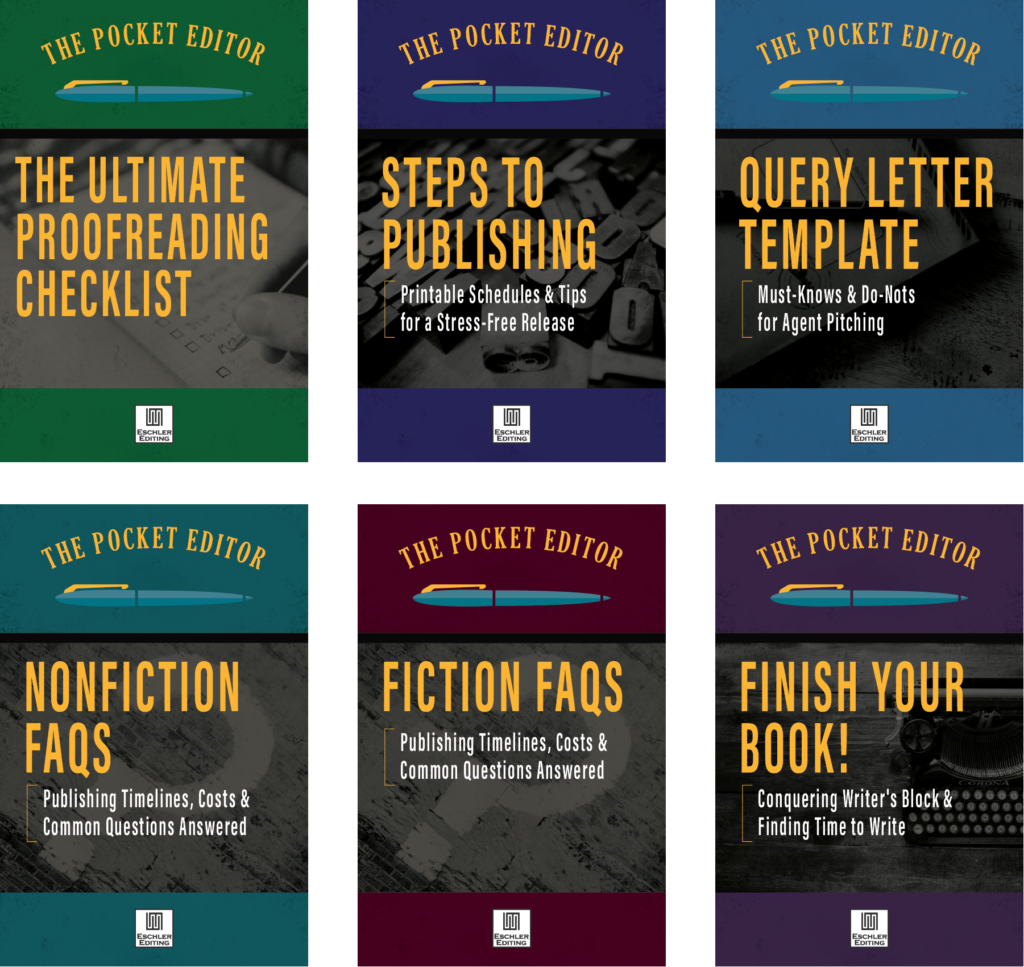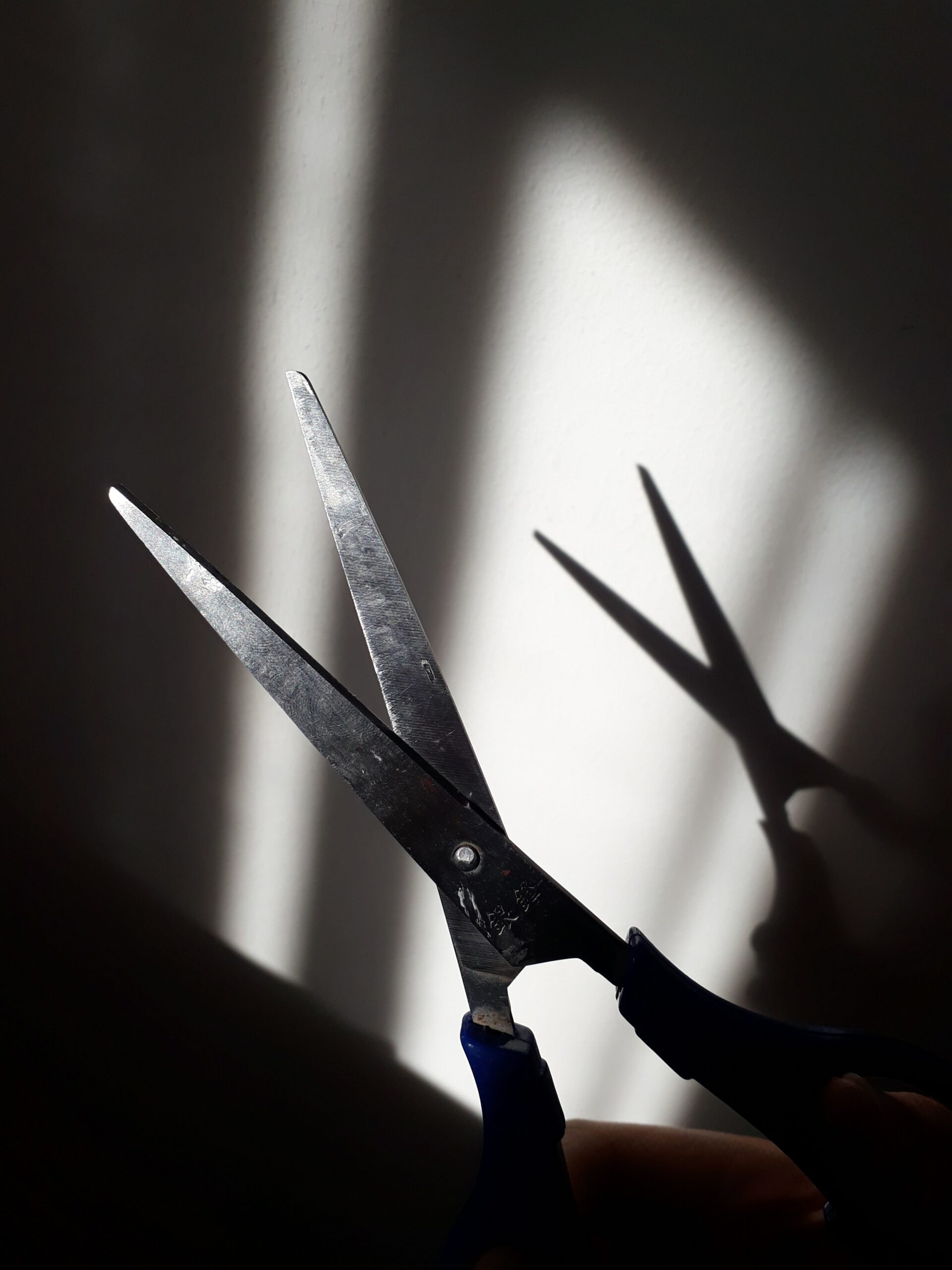Okay, so these are technically grammar, spelling, punctuation, and usage mistakes, but saying all that would have made for an non-catchy and possibly coma-inducing title. Nonetheless, they are some of the most frequently made mistakes editors have to face down each day. Avoid them when trying to impress agents and readers (especially in your opening pages)! Feel free to bookmark this page as a quick resource and share with others. The more who know (and apply the skills), the easier an editor’s job becomes and the more time we can spend on other things (like making your content shine)!
1. it’s/its (and possessives)
It’s going to be a great day when the writing public cleans up its grammar. (It’s=a contraction of it and is. Its=possession. It’s is often confused with the possessive because it looks similar to regular possessive constructions: singular possessive: Marcus’s book; plural possessive: the Williamses’ home [ad es to the plural possessive].)
2. than/then
When you’re sure your spelling is better than your neighbor’s, then you can offer a bit of advice. (Than=comparison. Then=what happens next or at that time.)
3. everyday/every day
These pumps are not my everyday shoes; I wear my flats every day. (Everyday=what kind of shoes, synonymous with “ordinary” [adjective]. Every day=describes how/when she wears her shoes [adverb].)
4. there/their/they’re
There are too many who confuse their homonyms when they’re writing a paper. (There=a place or direction. Their=possession. They’re=contraction of they and are.)
5. your/you’re
You’re going to have to clean up your grammar and spelling habits. (You’re=contraction of you and are. Your=possessive of you.)
6. sit/set
Sit down and set your book on the table. (Sit=when there isn’t something that “takes” the action, but rather something is doing the action. Set=when something takes the action [the book], or something acts upon the item.)
7. any more/anymore
We don’t have any more candy. (A quantity.) We don’t carry that anymore. (Any longer; a period of time.)
8. to/two/too
She decided to go with two friends too. (To=a movement toward. Two=the number. Too=in addition.)
9. lie/lay
Lie down after you lay your coat over the chair. (Lie=like sit, when there isn’t something that “takes” the action, but rather something is doing the action. Lay=like set, when something takes the action [the coat].)
10. alright/all right
If you avoid this mistake, you’ll be all right. (Alright is outdated.)
Bonus Tip!
If you have a combination of adjectives (two or more equally descriptive words) preceding a noun, in most cases you should use a hyphen(s) for clarity: blue-green water, red-hot chilies, slam-dunk contest, five-by-eight-foot boat. Note that after a noun, most descriptors are not hyphenated: The chilies were red hot. The boat was five by eight feet.
Download our proofreading checklist—a secret weapon our editors use in-house.
What helps you remember your grammar and usage? Please share! And feel free to add any other bogeys and examples of correct usage.





0 Comments